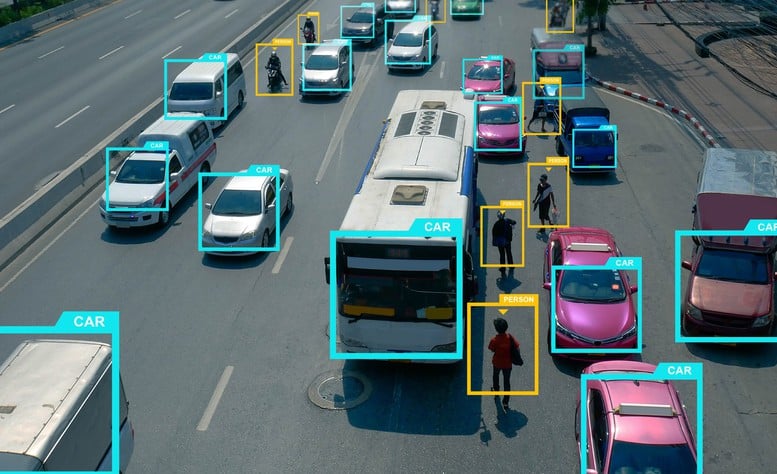
Natural language processing technologies can be integrated into voice navigation systems, enabling direct communication between intelligent transportation systems and drivers.
According to Decision No. 877/QD-TTg of the Prime Minister on approving the Project on Construction and Management of Operation and Maintenance of Transport Infrastructure Systems to Meet the Requirements of the Fourth Industrial Revolution dated July 22, 2022, by 2025, 100% of expressways and centrally-run cities will deploy intelligent traffic management and operation systems.
By 2030, all operations of the transport sector (now under the Ministry of Construction ) will complete digital transformation, while completing a large database, ensuring connection and information sharing between sectors, from the central to local levels.
Smart transportation in Vietnam is still 'modest'
At the Conference on implementing Resolution 57 of the Politburo and Resolution 71 of the Government on promoting science and technology, innovation and digital transformation in the Construction and Transport sectors on September 8, Mr. Dao Xuan Truong, Deputy Director of the Digital Transformation Center - Military Industry and Telecommunications Group ( Viettel ) informed: The application of AI in smart transportation in Vietnam is only in the formative stage.
Currently, Ho Chi Minh City has about 1,000 traffic cameras, which is quite modest compared to major cities in the world such as Beijing with 1.15 million cameras for 22 million people, Delhi with 420,000 cameras for 33.5 million people or London with 620,000 cameras for 9 million people.
Meanwhile, the demand for data is huge: each HD camera generates about 15GB of data/day, and with full HD cameras this number can be up to 20GB, not to mention thousands of peripheral devices and sensors serving smart traffic such as electronic boards, environmental sensors, flood sensors... This poses a big challenge in terms of equipment infrastructure, transmission, storage, especially GPU computing infrastructure serving in-depth data analysis with AI.
Recognizing that the application of AI in transportation is an urgent need and an important solution for the construction industry to successfully complete its tasks in the coming period, Mr. Dao Xuan Truong proposed the need to plan and invest in synchronous AI infrastructure for smart transportation, building a comprehensive solution capable of meeting large-scale projects.
Virtual assistant Al effectively supports traffic participants
Mr. Dao Xuan Truong also suggested applying computer vision in traffic monitoring, deploying highly automated systems to support operations; at the same time, developing machine learning solutions to predict traffic conditions, congestion points, incidents, as well as adaptive traffic light control. In addition, natural language processing technologies can be integrated into voice navigation systems, enabling direct communication between the intelligent traffic system and the driver.
In particular, AI virtual assistants will be an effective support tool in providing traffic information, optimizing routes for people, and supporting officials and civil servants in drafting and responding to legal documents and handling daily work.
Appreciating this solution, Minister Tran Hong Minh also assigned the Legal Department to preside over and coordinate with Viettel to research and implement a plan to apply AI in supporting the development, review, and Q&A of legal documents in the construction sector, to be completed in the first quarter of 2026.
Phan Trang
Source: https://baochinhphu.vn/bo-xay-dung-ung-dung-ai-trong-hoi-dap-van-ban-quy-pham-phap-luat-tu-nam-2026-102250908184802164.htm




![[Photo] Cambodia's Techo International Airport Officially Opens](https://vphoto.vietnam.vn/thumb/1200x675/vietnam/resource/IMAGE/2025/9/9/330836bb28ad4ee4bdd512cc1a2d0849)

![[Photo] General Secretary To Lam chaired the Politburo's working session with the Standing Committees of Party Committees of Central Party agencies.](https://vphoto.vietnam.vn/thumb/1200x675/vietnam/resource/IMAGE/2025/9/9/8343386e1e8f43c6a3c0543da7744901)



















![[Photo] Politburo works with the Standing Committees of Dong Thap and Quang Tri Provincial Party Committees](https://vphoto.vietnam.vn/thumb/1200x675/vietnam/resource/IMAGE/2025/9/8/3e1c690a190746faa2d4651ac6ddd01a)
![[Photo] Politburo works with the Standing Committees of Vinh Long and Thai Nguyen Provincial Party Committees](https://vphoto.vietnam.vn/thumb/1200x675/vietnam/resource/IMAGE/2025/9/8/4f046c454726499e830b662497ea1893)






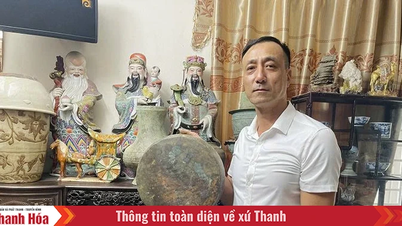



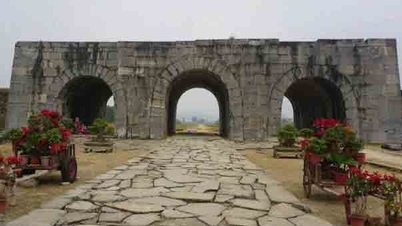

































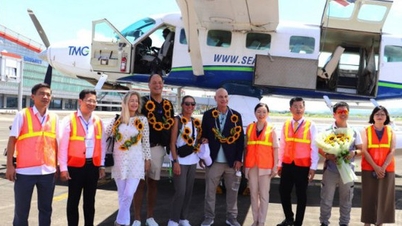

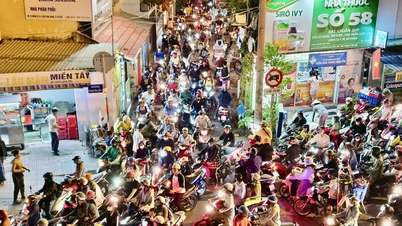


















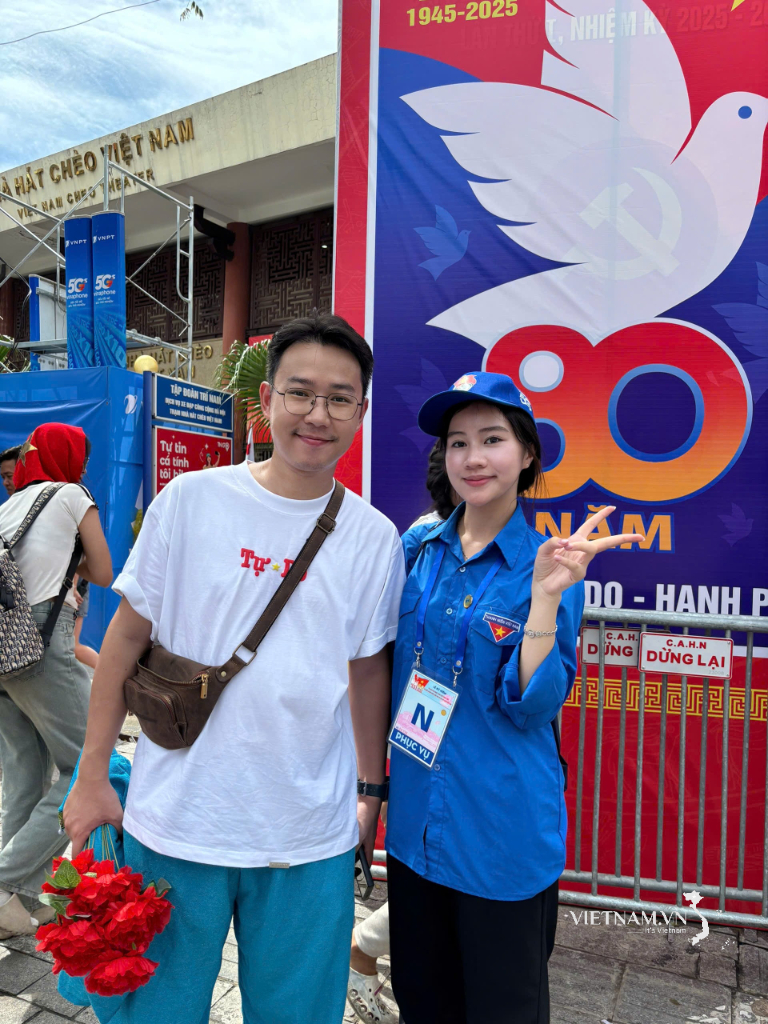

Comment (0)